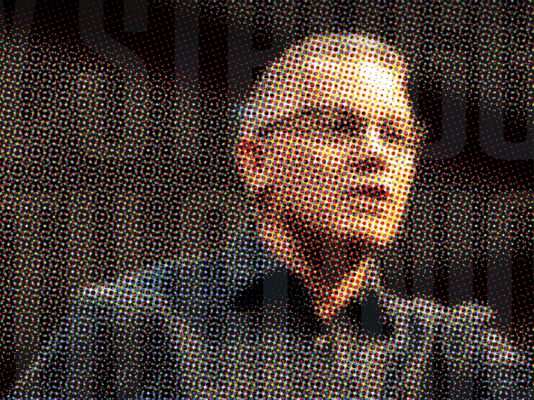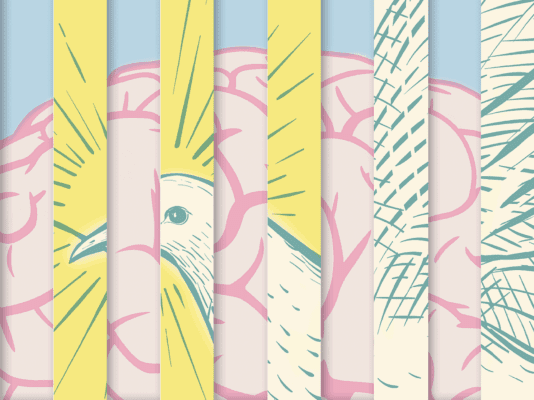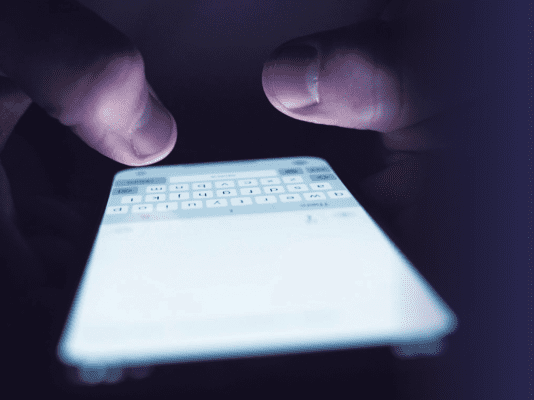When we hear about being more disciplined with our social media diet or crafting better habits with our devices like our smartphones or tablets, we are often bombarded with helpful tips and tricks about time limits, device-free dinners, digital sabbaths, or even using internet filters. There are a plethora of apps and tools available today, but these tools usually fail to address the real problem lying behind the screens. We fall prey to the temptation to believe that “more technology is needed to meet the emergencies which technology has produced,” as Canadian philosopher George Grant noted in his well-known work, Technology and Justice.
While most of these tips or tricks can be incredibly helpful in limiting our usage of social media and may even reveal some of the ways that technology is shaping us, it is a mistake to think that merely cutting something out of your life will help with long-term change and help in developing lasting healthy habits with technology.
A better habit
In the popular 2020 Netflix documentary The Social Dilemma, we meet a family struggling with many of the very things our families deal with in terms of our addictions to our devices and social media. The mother in this fictional family heard about a way to limit screen time and purchased a new lock box for the entire family to use at dinners. At one point, the daughter breaks open the box to get her device back, and the son makes a deal to stop using his phone for a period of time, which ultimately (and predictably) fails. The filmmakers use this illustration to show how addictive these devices can really be, but I think it shows a much broader point than they may have originally intended in the film.
One of the most obvious—yet least implemented—elements of curbing our digital dependence is not just putting down our phones but actually picking up new and better habits. To curb or break a bad habit, you cannot just stop doing something. You must start doing something else. You may experience short-term success by cutting down your screen time, limiting your interactions online, or even deleting a particular app. But to truly have your mind renewed and refreshed by the power of the Holy Spirit, you have to replace it with something else (Rom. 12:1-2).
Paul, in the letter to the Church at Ephesus, highlights this general idea of putting off the old way of living and putting on the new self as he spoke about the radical transformation that the gospel makes in our lives. He calls these believers “to take off your former way of life, the old self that is corrupted by deceitful desires . . . and to put on the new self, the one created according to God’s likeness in righteousness and purity of the truth” (Eph. 4:22,24, CSB).
While it is clear in context that Paul is not directly speaking about reshaping our digital habits, this concept nevertheless reveals something about human nature and is helpful as we think about navigating our dependence on these devices and the ways that technology is discipling us every day. Simply “taking off” our old ways of using technology like locking up our phones, setting time limits, or blocking certain features is only a half measure. You may experience temporary victories, but it will likely not last very long. The desire to check your feed and the FOMO (fear of missing out) will probably cause you to give in or at least cut back on certain aspects of your ambitious plan of change.
What’s your new habit?
What if we embraced this idea of “taking off” certain things as well as “putting on” new habits and disciplines in light of our digital age? For some of us, this might mean starting a new habit at dinner of sharing stories with one another or even praying through all of those Christmas cards to remind you of family and friends that may not come to mind immediately during prayer time. It could mean committing to read a few pages in a new book each day, journaling, starting a new workout routine, or even writing a letter to a friend.
The goal here is to do something that you would enjoy or that is life giving to you in lieu of the digital distractions and addictions you are trying to curb. You will form new (and better) habits and will experience the joy and fulfillment of doing a different activity. Just putting down your phone doesn’t change your fixation with it. Instead, we must seek to redirect our passions, longings, and habits—by God’s grace—to something greater if we are to really turn away from our old habits and have our minds and hearts renewed in a digital age.
Human nature reminds us that we are creatures of habit and have created certain liturgies or ways of living. To alter those, we must actively seek to craft new habits and liturgies rather than passively seek to avoid certain things. As we start a new year, eager to follow Jesus well in our digital age, we need to remind ourselves that our bad habits or patterns were not formed overnight. Likewise, new ones will take time to establish. But by putting off the old and putting on the new habits, we might come to see how the Spirit renews and refreshes us to pursue wisdom for the days ahead.










